Want a peek into a dystopian future? This is an update on the garbage crisis in Lebanon, which is largely attributed to a corrupted political system, but it’s also a cautionary tale about uncontrolled consumerism and environmental arrogance that could happen in nearly every free market zip code.
Since the nation’s largest landfill closed in July, Lebanon has been drowning in its own garbage. The waste crisis escalated last weekend when angry demonstrators tried to storm the parliament in Beirut. Riot police responded with tear gas and water cannon, and according to some reports, rubber bullets and live ammunition. An unspecified number of demonstrators and more than 35 Internal Security Forces (ISF) members were wounded, according to an ISF online statement.
The Naameh dump site in the mountains southeast of Beirut (shown above) had been the endpoint for waste generated by half of Lebanon’s four million people. This summer, when authorities failed to find an alternate landfill, Naameh residents blocked trucks from dropping new garbage, which triggered a waste collection shutdown across wider Beirut. So began a domino effect that resulted in the death of one Beirut protester, and as yet undefined environmental fallout.
Garbage dropped near the Port of Beirut (shown above) triggered a mid-August work stoppage over mounting health and safety concerns. “We will not accept our port becoming the capital’s dumping ground. The health of all who enter the port is at risk, workers, visitors and customers.” Bchara Asmar, president of the Union of Beirut port employees, told ITF Global. He added that the Lebanese government has not provided a viable long-term waste management solution; forcing municipalities to resort to temporary remedies.
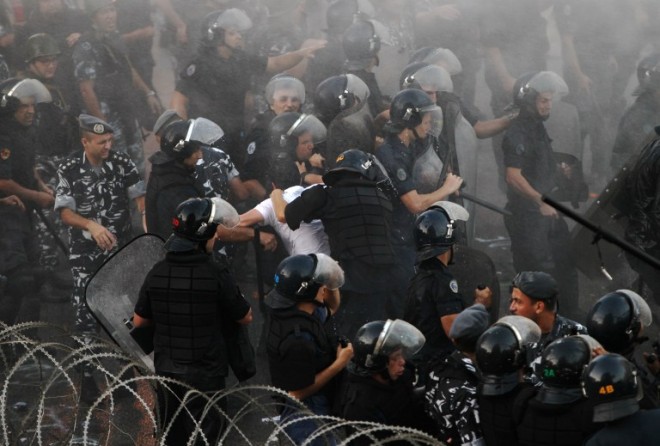
The situation has prompted protests across Beirut, but also grassroot solutions. Local priests are calling for reduced pollution, citing Pope Francis’ recent criticism of our “throwaway culture”. The mayor of northern town Roumieh organized volunteers and city employees to collect recyclables and biodegradable waste (such as food scraps) on a regular schedule. Recyclables with commercial value will be sold to help underwrite the initiative.
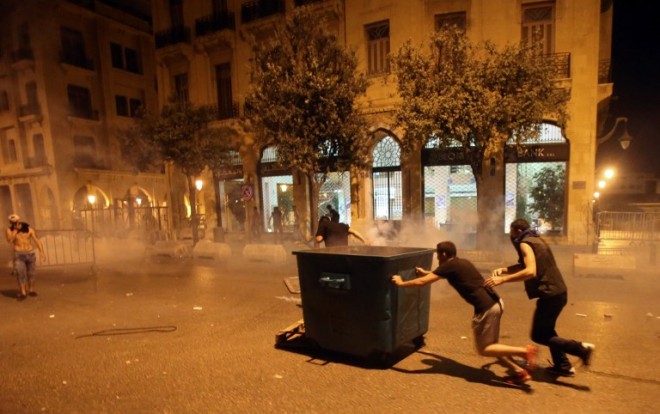
Beirut business owner and environmental engineer Ziad Abichaker told the Wall Street Journal, “I think it is a golden opportunity now to start saying to people that you need a paradigm shift. You need to stop looking at waste as a problem and start looking at it as a resource.”
These efforts – quietly pursued before the protests – are garnering increased attention by a public desperate to dig out of the stinking debris. (Reports state some 20 tons of rubbish have been dumped in the capital’s streets).
Lebanon has been without a president for 15 months. Its government is viewed as paralyzed and ineffective, a reputation underscored when Environment Minister Mohammed el-Mashnouq posted a statement saying his office was “working silently” to resolve what he called “a tragic situation”.
Reduce, reuse, recycle. Those actions won’t fix a broken bureaucracy, but will lessen the pain when civil services collapse.

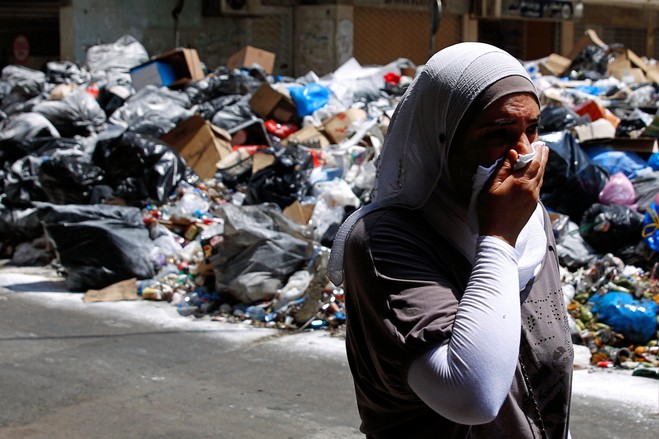
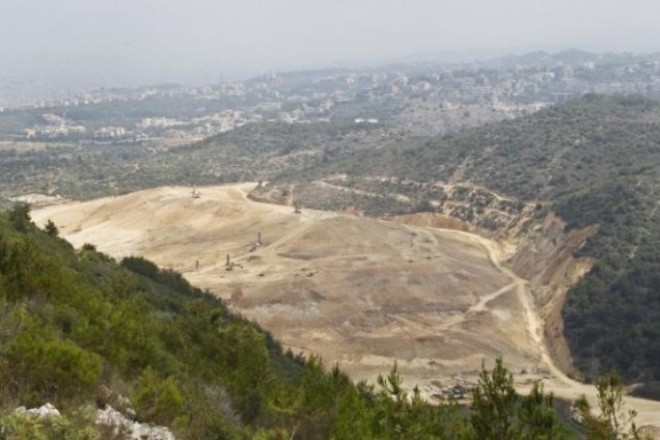
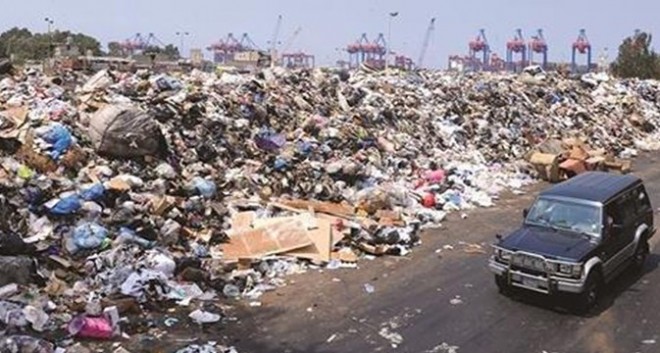



Comments are closed.